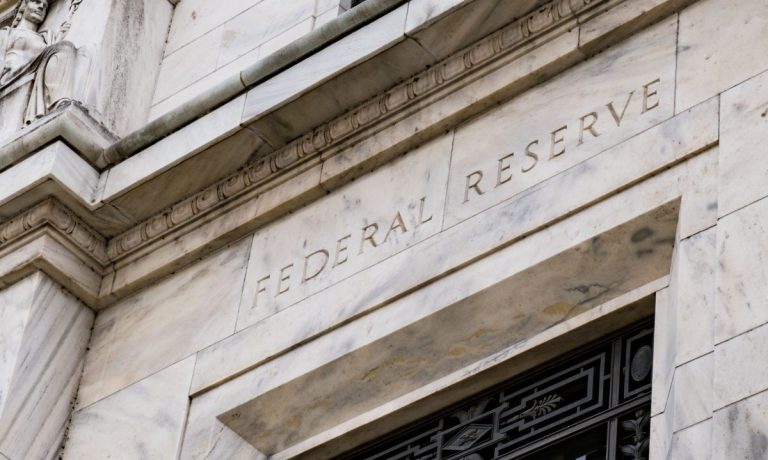Fed Aims to Strengthen Supervision After Review of Bank Failure

The Federal Reserve aims to strengthen its supervision and regulation after the failure of Silicon Valley Bank.
So said Federal Reserve Vice Chair for Supervision Michael S. Barr Friday (April 28) when releasing the Fed’s review of its supervision of the bank.
“Following Silicon Valley Bank’s failure, we must strengthen the Federal Reserve’s supervision and regulation based on what we have learned,” Barr said in a Friday press release.
One of four takeaways from the review highlighted by Barr is that the bank’s board of directors and management failed to manage their risks, according to the press release.
The three other takeaways have to do with the Fed’s own actions.
The review found that Federal Reserve supervisors did not fully appreciate the vulnerabilities of Silicon Valley Bank, that they did not do enough to ensure the bank fixed those problems once they had identified them, and that they were impeded in effectively supervising the bank by the Board’s taking a less assertive supervisory approach.
In the review, Barr wrote that the Fed must improve “the speed, force and agility” of supervision; be more attentive to the risks posed by firms with special factors like rapid growth or concentrated business models; and address issues more quickly.
The Fed must also raise the baseline for banks’ resilience and better supervise their management of interest rate risk, liquidity risk and capital requirements, Barr wrote in the review.
“I welcome this thorough and self-critical report on Federal Reserve supervision from Vice Chair Barr,” Federal Reserve Chair Jerome H. Powell said in the release. “I agree with and support his recommendations to address our rules and supervisory practices, and I am confident they will lead to a stronger and more resilient banking system.”
Responding to the report, House Financial Services Committee Chairman Patrick McHenry (R-N.C.) said the Federal Reserve’s report is “self-serving” and politicizes the bank failure.
“While there are areas identified by Vice Chair Barr on which we agree — including enhancing attention to liquidity issues, especially when a firm is rapidly growing — the bulk of the report appears to be a justification of Democrats’ long-held priorities,” McHenry said in a Friday press release.
McHenry added that the committee will continue to use upcoming hearings and other tools “to get to the bottom of what happened.”